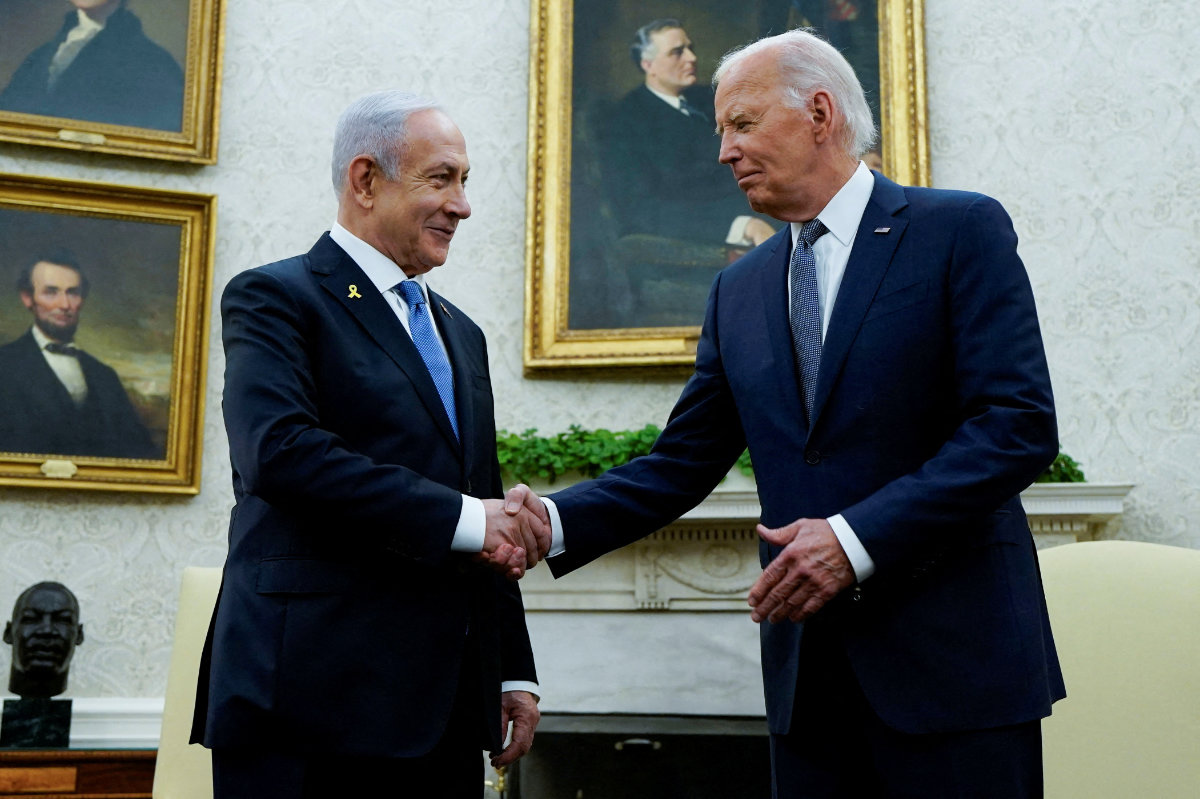CAIRO: Pharmacy owners in Egypt have voiced concerns about the rising cost of pharmaceuticals in the country as they prepare for another price increase following the Egyptian Drug Authority’s recent review.
That review followed pharmaceutical companies’ request for price increases for various medications to “offset the rising costs of production, which have been exacerbated by the devaluation of the Egyptian pound against the dollar.”
The EDA’s “decisions over (recent) years to raise the prices of certain types of medicine have resulted in the closure of about 1,500 pharmacies,” said Dr. Hatem El-Badawi, secretary-general of the Pharmacy Division at the Federation of Egyptian Chambers of Commerce, adding that the “uncontrolled” rise in medicine prices has not been matched by a corresponding increase in profit margins for pharmacists.
“We anticipate more closures in 2024,” he added. “In February, the General Federation of Egyptian Chambers of Commerce appealed to the Central Bank governor to reactivate the low-interest rate loan of 5 percent for small and medium-sized pharmacies, capped at EGP500,000 ($10,600) per pharmacy.
“The goal was to safeguard pharmacies from economic challenges such as low purchasing power, cash payment demands from pharmaceutical companies, limited liquidity, rising operating costs, and shrinking profit margins.”
That proposal was rejected, however, and loans are currently only available at a 15-percent interest rate, which is, El-Badawi said, “far higher than a pharmacist’s profit margins and thus constitutes a loss.”
Pharmacy owner Dr. Sami Saad told Arab News: “We face several problems due to price increases, including reduced profit margins for pharmacists, dual pricing for drugs, and pharmaceutical companies not recalling expired products. All these issues could force us to close at any time because we are not making any profit.”
Saad added the Egyptian Drug Authority had not considered pharmacists’ demands or the crises they are facing.
“Every day is a struggle. And although I heard that the head of the authority plans to intervene to resolve these issues, there has been no progress so far,” he said.
Dr. El-Badawi reiterated: “I fear for the closure of pharmacies — a difficult situation that will only get worse. I am concerned for the 85,000 pharmacies across the country.
“The health of Egyptians is at risk,” he added. “I urge all responsible authorities to intervene.”
Rising cost of medicine in Egypt poses risk to ‘thousands of pharmacies’
https://arab.news/9rrda
Rising cost of medicine in Egypt poses risk to ‘thousands of pharmacies’

- That review followed pharmaceutical companies’ request for price increases for various medications
- The EDA’s “decisions over (recent) years to raise the prices of certain types of medicine have resulted in the closure of about 1,500 pharmacies,” said Dr. Hatem El-Badawi



























